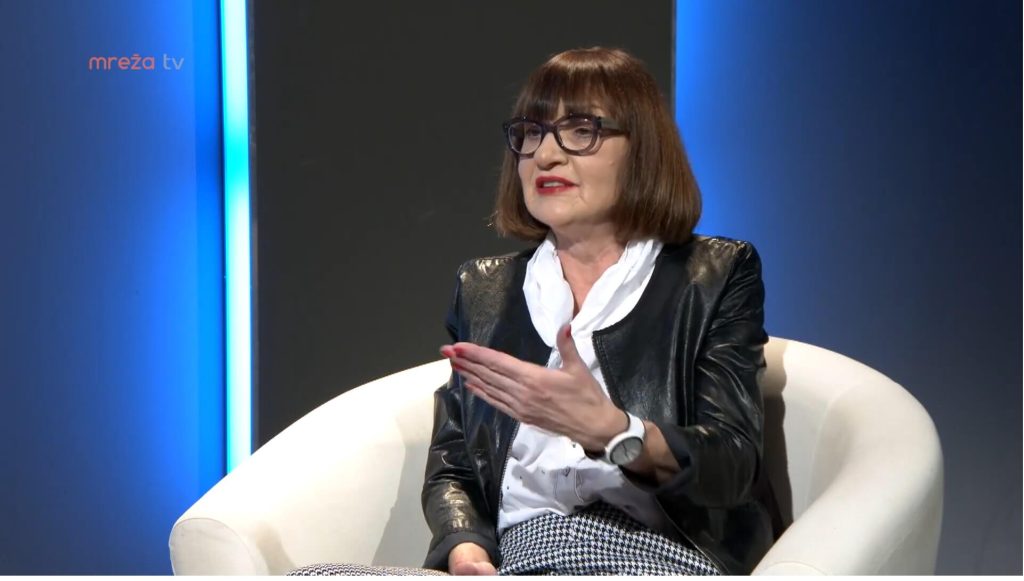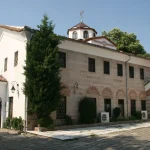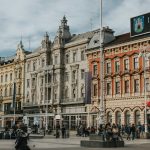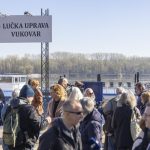Many people pose questions to themselves about how they might go about living a higher quality of life, on both a Croatian and indeed on a global scale. When it comes to Croatia, the question is looked upon in a higher level through scientific curiosity.
”The Quality of Life in Croatia” panel made gorgeous Vis the host of the scientific pondering of this particular issue under the organisation of the Ivo Pilar Social research Institute last month.
As TCN wrote earlier, the Ivo Pilar Social Research Institute, the leading institution for social sciences, opened its research office on Vis back in late April 2021. Vis is otherwise the most distant Croatian island (from the mainland) with residents, divided by the Adriatic Sea from mainland Croatia by 50 kilometres.
Dr. Ljiljana Kaliterna Lipovčan is otherwise the head of the Ivo Pilar Institute of Social Sciences office on the island of Vis.
”Her research interests include the subjective indicators of quality of life, the psychophysiology of work, and the psychological consequences of aging. She has led several national and international projects: 2007 – 2013 ”Developing national indicators of Quality of Life”; 2002-2006 ”Psychosocial indicators of Quality of Life”, 2008-2010, and was a national coordinator of the ESF-European Social Survey-Round 4.
In 2013-2014 she led the project on the ”3rd European Quality of Life Survey: Reports on trends of Quality of Life in Croatia” by the European Foundation for the Improvement of Living and Working Conditions from Dublin,” reads Kaliterna Lipovčan’s biography posted by the Ivo Pilar Social Research Institute.
Her interest in Croatian quality of life from a psychological point of view moved away from the eye of the academic and research community and gained public attention.
Followed by Croatia’s jump on the World Happiness Report which placed the country as the 23rd happiest country in the world, Kaliterna Lipovčan explained this result. As Gloria.hr reports, Kaliterna Lipovčan stated that Croats realised how important it is to have other people to rely on during the coronavirus pandemic.
“Researchers have shown that Croatian citizens, on average, experience six larger positive events per year. For example, graduation, finding a job, a wedding, childbirth, healing from a disease and a pleasant journey and only two negative ones such as a court hearing, some form of bigger material loss or the contraction of a disease. When we think about daily life, let’s try to remember what good things happened yesterday. Did we notice that we managed to get to work on time? that the boss was in a good mood? That there was no crowd in the tram? Probably not. But if there was a crowd in the tram, or the boss was in a bad mood, we’d notice it and we’d tell our friends about it. Let’s try to agree with ourselves and start noticing positive events more often, and we’ll learn there were more of those than negative ones,” advised Kaliterna Lipovčan to the readers of Gloria.hr.
The panel was opened by Vis mayor Ivo Radica who expressed his joy for the cooperation between Vis and the Ivo Pilar Social Research Institute which went on for years before the opening of an office there. The head of the Ivo Pilar Social Research Institute Željko Holjevac also reminded everyone 2021 is the 30th year of the Institute’s work.
If you also have an interest in social questions, you can learn more about religion, politics, education & diversity in Croatia on our TC page.
For more about science in Croatia, follow TCN’s dedicated page.












